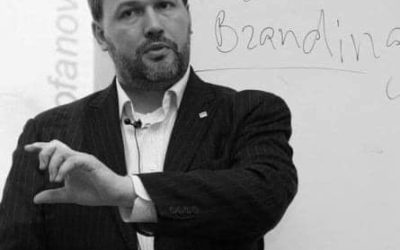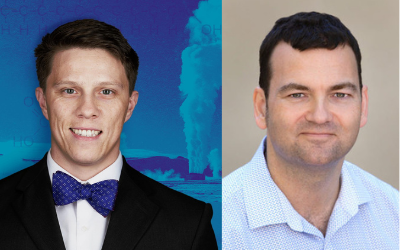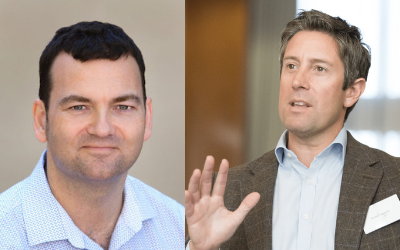I am excited to announce that we have now changed our name to the Post-Industrial Institute. Here is a brief recap of how we ended up here:
I began my career in the late eighties, focusing on theoretical computer science and software engineering research. Knowing what computing could do for the world, my interest was in building better tools and methods. I was particularly interested in designing better programming languages, so that software developers could build more reliable systems.
By the late nineties I was doing quite a bit of consulting to help large organizations adopt a variety of “best practices” for product development. It turned out that adopting such practices was surprisingly difficult in ways I had not at all anticipated. The difficulties had little to do with engineering, they were all related to issues such as culture, organizational structure, leadership, business models, and external relationships.
Encountering these problems made me passionately interested in organizational design. I studied organizations that seemed to be able to learn and continuously improve. I was particularly impressed by Toyota’s practices, known in the West as “Lean” Management. I felt these practices could be used for knowledge work, not just manufacturing, but they needed to be extended and modernized.
ssIn 2004 I founded the Lean Systems Institute to help knowledge-based organizations achieve breakthrough performance. We spent a decade helping organizations redesign themselves to do just that, and in the process we reinvented Lean for knowledge work, resulting in a methodology we called the Lean Systems Framework.
After a decade of focusing on redesigning knowledge-based organizations, in 2014 we began an exciting new journey. I wanted to understand why and how disruption by exponential technologies combined with rapid decentralization was invalidating common assumptions about organizations, jobs, and entire industries.
Classical Lean, one of the high-points of industrial-era management science, assumed long-lasting organizations, incremental innovation, and long employee tenures. These assumptions were clearly becoming obsolete. I thought a new management science was needed, which would not only provide new answers, but also ask new questions. As we began developing a new set of principles and practices, we chose the term “Post-Lean” to denote this. The interest in these ideas grew steadily, and we changed our name from Lean Systems Institute to Post-Lean Institute. To be honest, no one really loved this name, I just could not think of a better one at the time.
In 2019 we launched the Post-Industrial Forum, a global community for investors, corporate executives, founders, and policymakers. After our launch events in London and Silicon Valley, the Covid-19 pandemic arrived. Instead of organizing in-person Summits as we had anticipated, we were forced to focus on online events and online content. The Forum did succeed in helping us build a community around our work, and also taught us more about how to better position what we did.
In July of this year (2021), we decided to change our name to the Post-Industrial Institute. The rebranding was (and is) a lot of work, but it allowed us to take a fresh look at a number of relationships, initiatives, and projects. You will be seeing some changes in our offering and how we work, and we have some exciting things in store for 2022. Our, mission, however, remains the same – to develop the management science needed for humanity’s transition to a post-industrial economy and civilization.
We are here to help investors, corporates, entrepreneurs, and governments navigate a landscape changing so rapidly that it will soon be almost unrecognizable. Our intent is to help shape the world that emerges from this in a positive way, defending powerful ideas such as Reason, Individual Freedom, and a thirst for discovery that continue to enable human flourishing, but also adding new ideas suitable for the new circumstances. I hope you will join us on this journey.
Frode Odegard
Chairman and CEO, Post-Industrial Institute










